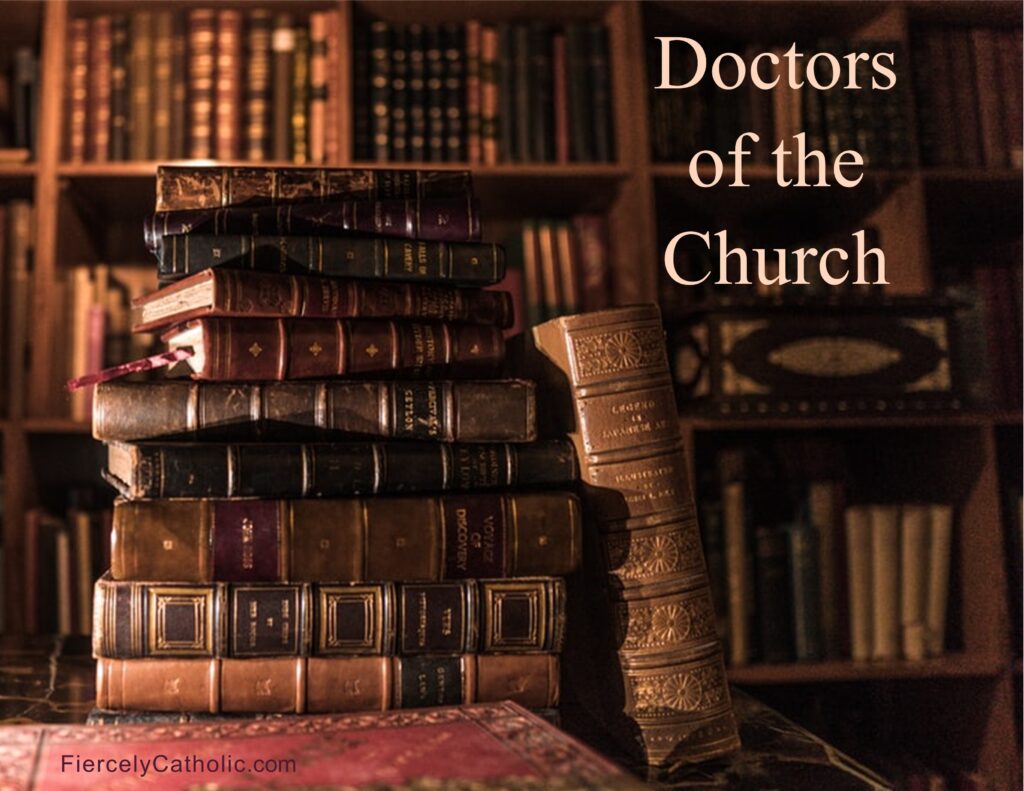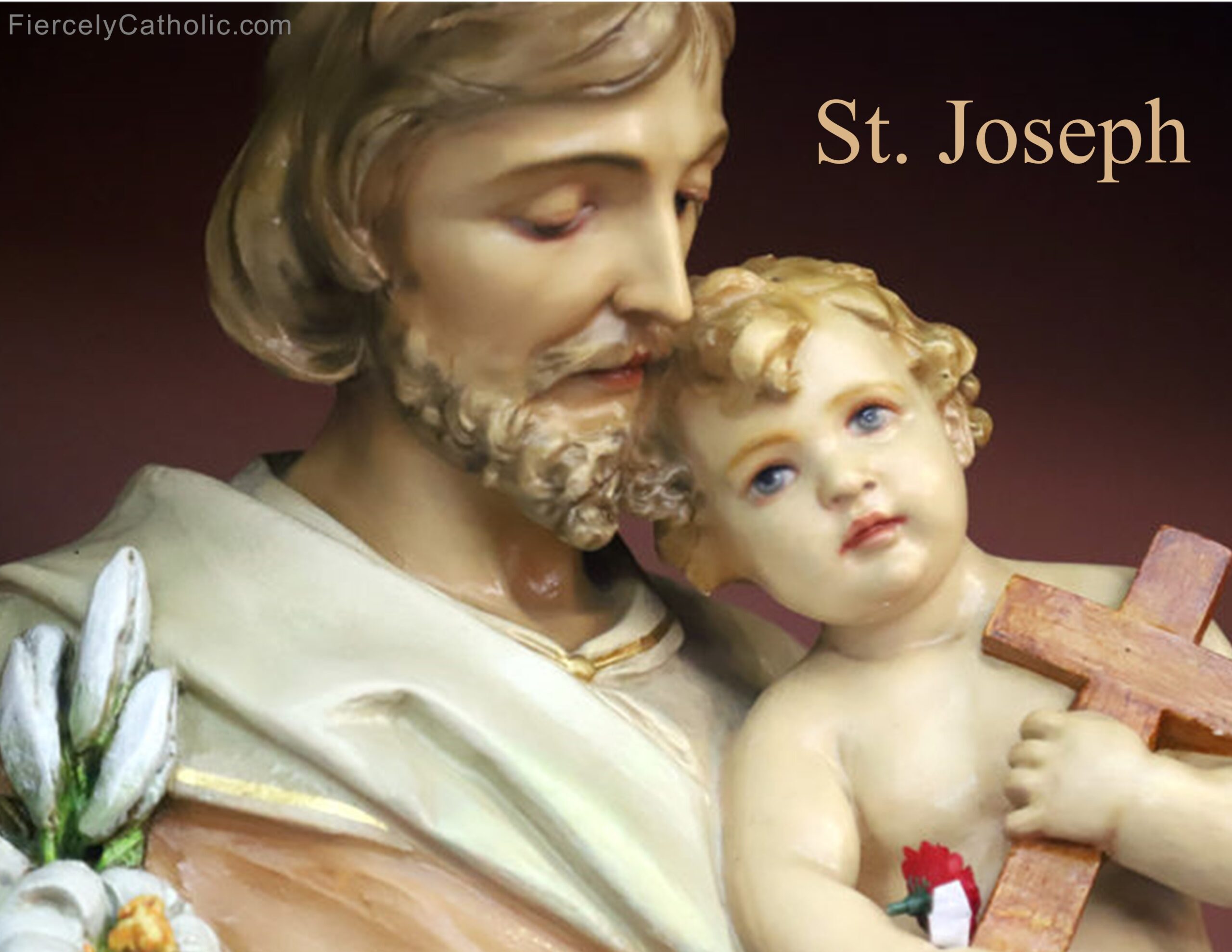
All of the saints are examples of heroic sanctity. A select few have guided the faithful by exceptional writing or preaching that transcends time.
Since the Middle Ages these men and women have been given the honorary title of Doctor of the Church.
No formal education is required but these doctors have demonstrated a deep understanding of the faith and sound teaching that is inspired by the Holy Spirit.
The first doctors were named in 1298 by Pope Boniface VIII and the latest doctor was named by Pope Francis in 2015.
The 36 men and women who have been named as doctors of the church are diverse in education, age, background, and spirituality.
Sharing their deep understanding of God with others:
Inspired by the Holy Spirit but not infallible:
Not many of you should become teachers, my brothers, for you realize that we will be judged more strictly, for we all fall short in many respects. If anyone does not fall short in speech, he is a perfect man, able to bridle his whole body also.
James 3: 1-2
Teaching with power and clarity:
A reply of St. Joan of Arc to her judges sums up the faith of the holy doctors and the good sense of the believer: “About Jesus Christ and the Church, I simply know they’re just one thing, and we shouldn’t complicate the matter.”
Catechism of the Catholic Church 795
Doctors of the Church contribute teaching for all times:
Intellectual contributions of saints are evaluated by the Church:
Indeed, when the Magisterium proclaims someone a doctor of the Church, it intends to point out to all the faithful, particularly to those who perform in the Church the fundamental service of preaching or who undertake the delicate task of theological teaching and research, that the doctrine professed and proclaimed by a certain person can be a reference point, not only because it conforms to revealed truth, but also because it sheds new light on the mysteries of the faith, a deeper understanding of Christ’s mystery. The Council reminded us that, with the help of the Holy Spirit, understanding of the “depositum fidei” continually grows in the Church, and not only does the richly contemplative study to which theologians are called, not only does the Magisterium of pastors, endowed with the “sure charism of truth”, contribute to this growth process, but also that “profound understanding of spiritual things” which is given through experience, with the wealth and diversity of gifts, to all those who let themselves be docilely led by God’s Spirit. Lumen gentium, for its part, teaches that God himself “speaks to us” in his saints. It is for this reason that the spiritual experience of the saints has a special value for deepening our knowledge of the divine mysteries, which remain ever greater than our thoughts, and not by chance does the Church choose only saints to be distinguished with the title of “doctor”.
Pope John Paul II, Proclamation of St. Therese of the Child Jesus and the Holy Face as a Doctor of The Church, October 19, 1997
The first 8 Great Doctors of the Church:
Doctors from the Patristic Period:
Doctors from the Middle Ages:
The last Doctor of the Church was named in 2015:
The Truth, Goodness, and Beauty of the Catholic Church
God is still relevant:
Share this page with friends and family to start a conversation about your faith.
Don’t miss a post. Learn more about the Catholic Church and strengthen your Catholic faith.
Find more Fiercely Catholic video issues here.
Subscribe here.


